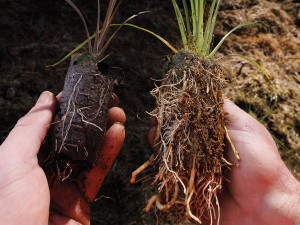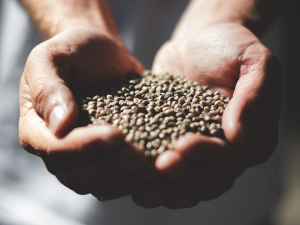OPINION: Environment minister David Parker has had a long and tempestuous relationship with the farming sector.
His latest fight with farmers has come about due to the new freshwater regulations that recently came into force. Especially aggrieved are southern farmers who have pointed out that many of the new rules concerning winter cropping were “almost unfarmable” in the south.
Southland Federated Farmers president Geoffrey Young even called on farmers in the region to ignore the new requirements on getting resource consents for winter grazing until there was more practicality concerning it. This got Parker’s goat and he came out of hiding to decry Young’s call saying that “no one was above the law”.
Late last month, Agriculture Minister Damien O’Connor announced some very minor tweaks to the regulations around pugging – but these minimal changes have not placated farmer concerns.
The new rules also dictate that crops have to be re-sown by October 1 or November 1 in Southland and Otago. However, while these rules may sound good on paper, any farmer can tell you that it’s the weather that dictates when paddocks can be replanted not a bureaucratic decree.
Another bugbear in the new regulations are the areas of a farm now defined as ‘low slope’, with the new rules only allowing winter crops to be grown on a slope of less than 10 degrees – with all others with greater slopes requiring a resource consent.
As North Otago farmer Jane Smith says this means that ‘low slope farmland’ has grown from 5.8 million hectares in 2019 to 9.6 million hectares today…“by the simple stroke of a pen”.
Smith accuses Parker and his officials of not putting enough research, consultation and pragmatism into developing such overarching regulations that will define rural livelihoods.
The ‘consultation’ around the freshwater reforms was rushed and mainly confined to certain farming groups who were too afraid – or unwilling – to push back. Hence, the unpractical rules we currently have.
It is time now for all involved, farmers, bureaucrats and ministers to put their egos and disputes aside and undertake a serious and practical rethink of these regulations.
Everyone wants higher water quality and better farming practices. But this cannot be achieved if the rules are totally unpractical – as many of these now are.










